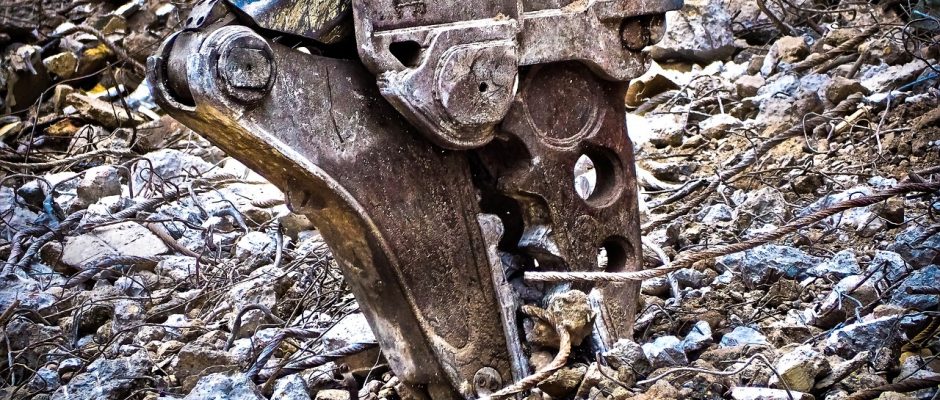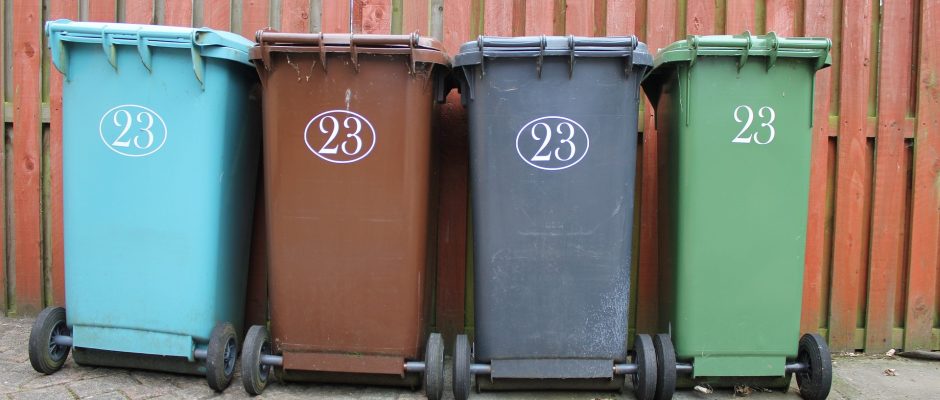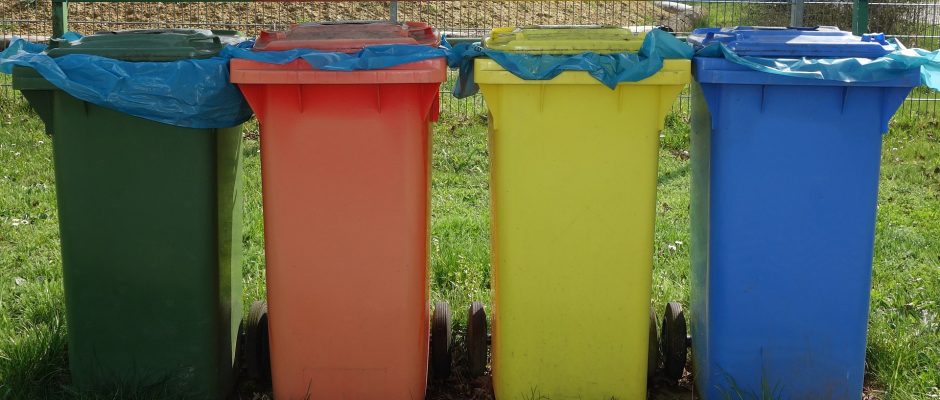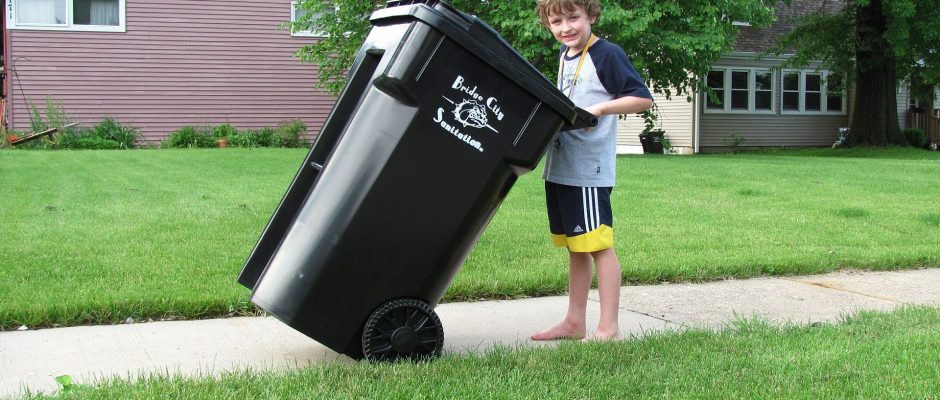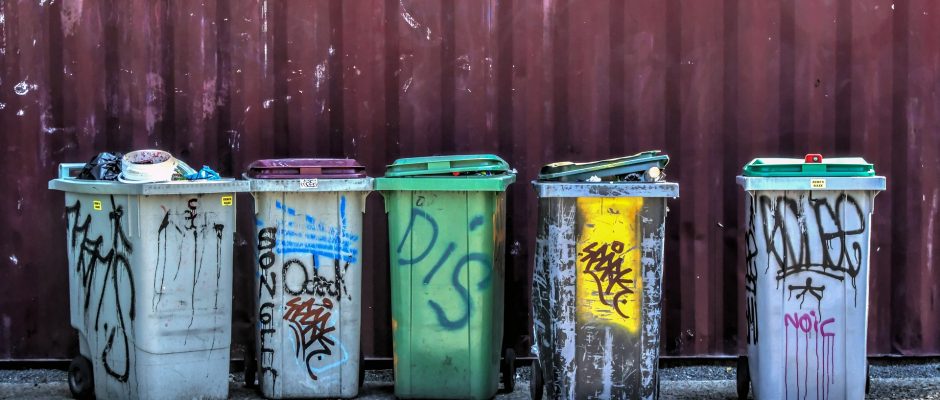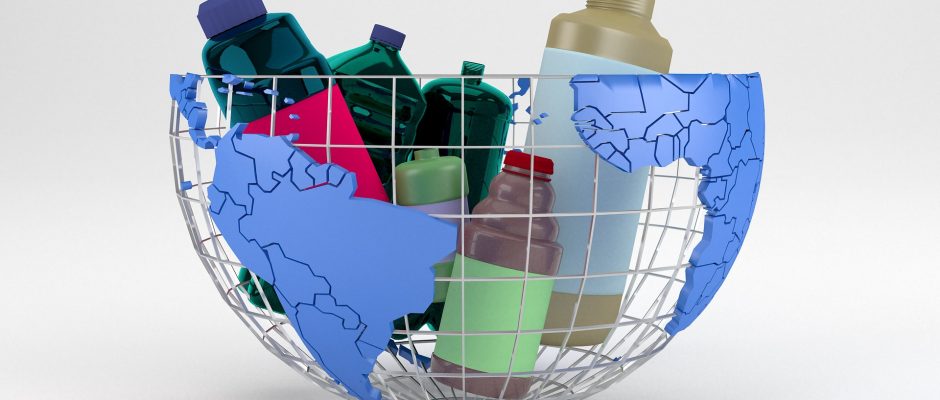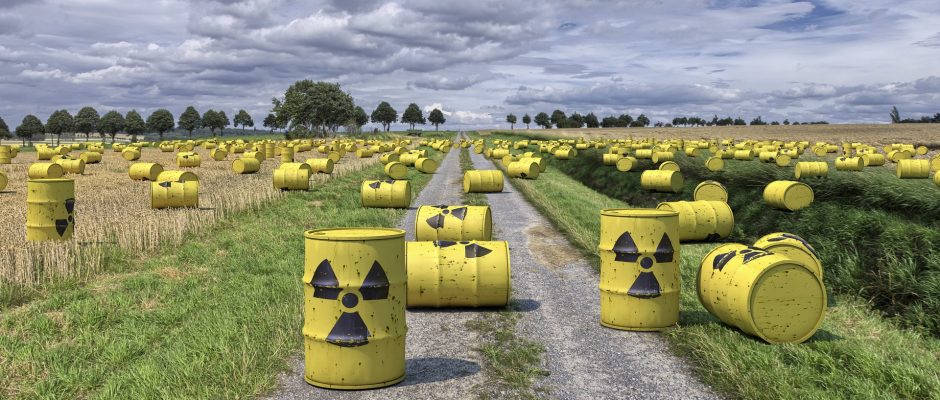Photo by Pixabay.com After any major repair or Window Replacement, as a rule, there is a large amount of construction waste. What should the proprietor do in this case and how should the removal of construction debris after repair be carried out in terms of legislation? In addition, this problem may occur when moving from one place to another, when a person gets rid of unnecessary things. You can use the builder’s container, if there is a construction of a …
Category: Blog
Food waste is one of the most prominent waste streams across Middle East, especially in GCC region. The mushrooming of hotels, restaurants, fast-food joints and cafeterias in the Middle East region has resulted in the generation of huge quantities of food wastes. The proportion of food waste in municipal waste stream is gradually increasing and hence a proper food waste management strategy needs to be devised to ensure its eco-friendly and sustainable disposal in the Middle East. Food waste is …
A residential recycling box, London. Photograph: Alex Segre/Rex Features Report for UK government refutes persistent claims that recycling is a waste of time, calls for better facilities and an increase in incineration Recycling is almost always the best way to get rid of waste, even when it is exported abroad, according to the biggest ever report on the industry for the UK government. The report, which addresses persistent claims that householders are often wasting their time recycling, calls for better …
Proper disposal of human waste is important to avoid pollution of water sources, avoid the negative implications of someone else finding it, minimize the possibility of spreading disease, and maximize the rate of decomposition. In most locations, burying human feces in the correct manner is the most effective method to meet these criteria. Solid human waste must be packed out from some places, such as narrow river canyons. Land management agencies can advise you of specific rules for the area …
Non-hazardous pharmaceutical waste sounds benign enough. After all, it’s got “non-hazardous” in the name. And if it’s non-hazardous, it can be disposed of along with the regular trash, right? Not so fast. Classifying Non-Hazardous Pharmaceutical Waste Non-hazardous pharmaceutical waste is a bit of a misnomer in that it’s not as harmless as it sounds. It still poses health risks to the environment. Better terminology is non-RCRA pharmaceutical waste. RCRA stands for Resource Conservation and Recovery Act, the legislation through which …
When most people think about solid waste management, they think about garbage being dumped in landfills or incinerated. A variety of elements is involved in the creation of an optimal integrated solid waste management (ISWM) system. For example, treatment techniques act to reduce the volume and toxicity of solid waste, transforming it into a more convenient form for disposal. Waste treatment and disposal methods are selected and used based on the form, composition, and quantity of waste materials. Here are …
EPA’s hazardous waste manifest system is designed to track hazardous waste from the time it leaves the generator facility where it was produced, until it reaches the off-site waste management facility that will store, treat or dispose of the hazardous waste. On this page: Uniform Hazardous Waste Manifest The key component of this tracking system is the Uniform Hazardous Waste Manifest, a form required by EPA and the Department of Transportation for all generators who transport, or offer for transport, …
EPA regulates household, industrial, and manufacturing solid and hazardous wastes under the Resource Conservation and Recovery Act (RCRA). RCRA’s goals are to protect us from the hazards of waste disposal; conserve energy and natural resources by recycling and recovery; reduce or eliminate waste; and clean up waste that which may have spilled, leaked or been improperly disposed of. On this page: Hazardous Waste The Hazardous Waste Program, under RCRA Subtitle C, establishes a system for controlling hazardous waste from the …
Hazardous waste is waste that is dangerous or potentially harmful to our health or the environment. Hazardous wastes can be liquids, solids, gases or sludges. Hazardous waste should not be dumped into a landfill like other waste. It needs to be disposed of responsibly to prevent hazards to human and environmental health. Proper Disposal of Hazardous Waste: Why It Matters Hazardous waste disposal problems may arise when materials that can cause illnesses or pollute the environment are not handled properly. …
Most wastes generated in the laboratories and shops located on campus are prohibited from disposal in the regular trash or down the drain. Many of these wastes are regulated under the federal Resource Conservation and Recovery Act (RCRA). The term hazardous waste is defined under RCRA as solids, liquids, and gases that exhibit certain characteristics or are specifically listed in the rules. Hazardous waste is regulated under a “cradle to grave” concept, meaning that the waste is tracked via written …

